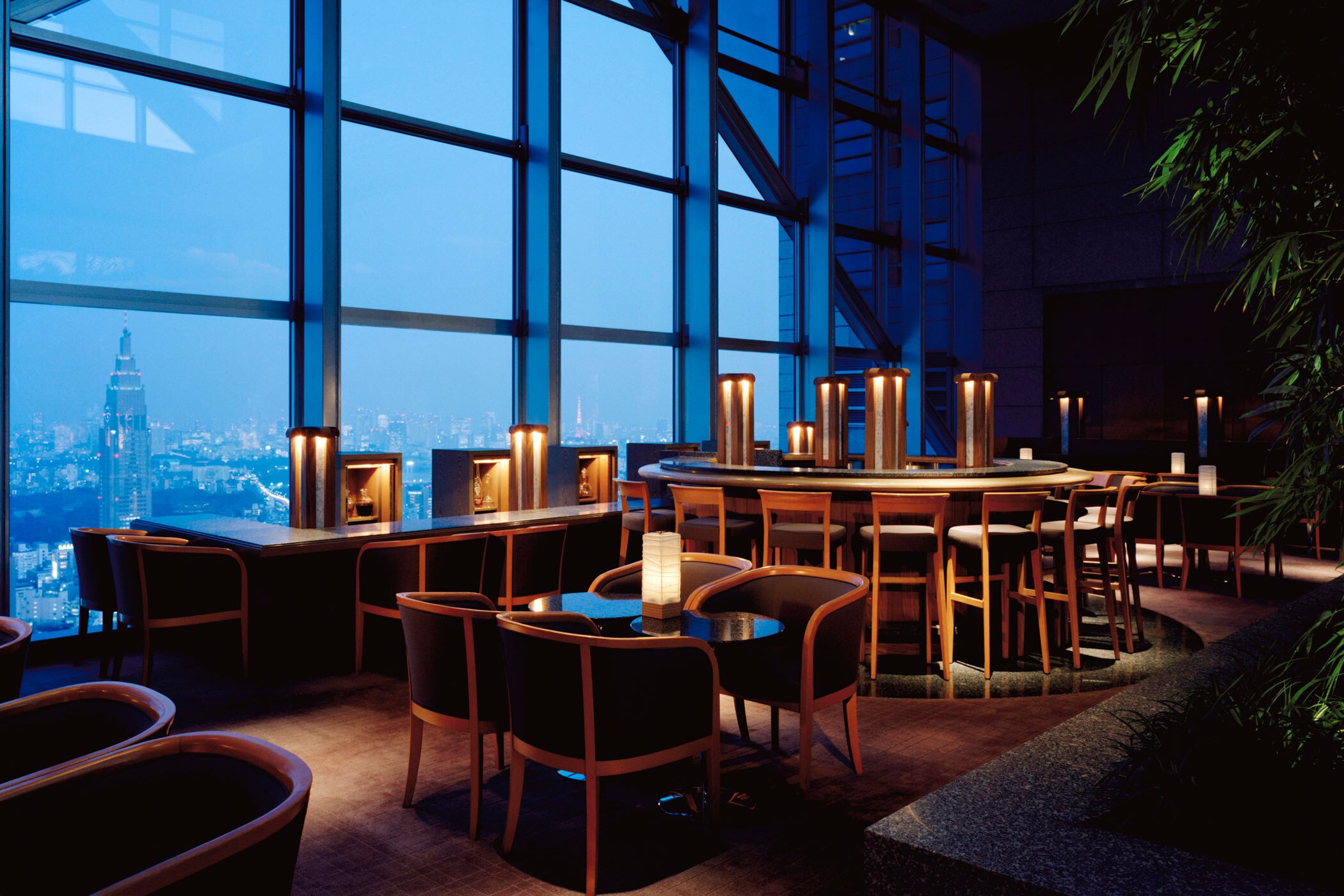Hotels across Japan are performing at levels they haven't experienced since 2019.
Demand has been driven in part by events, such as this spring's cherry blossom season and the G7 Summit in Hiroshima, and the outlook for the rest of the year is good, hoteliers said.
Carlos Tarrero, general manager of The Ritz-Carlton, Kyoto, said in an email interview that visitors for the cherry blossom season were at pre-pandemic levels, and Kyoto is a destination favored by domestic Japanese travelers as well.
"Japanese are very passionate about their culture and traditions and do travel extensively across Japan along the year," he said. "The domestic market doesn't outweigh the foreign travelers but in our case, we certainly see that it is more relevant than it already was prior to the pandemic."
For the G7 Summit, the main demand was for hotels in Hiroshima, but that spilled out into other cities in Japan, too.
"As you can imagine, the G7 is an extremely complex event to organize. The delegations tend to be rather large, and there are a lot of logistics associated to this. Hotels are just one piece of the puzzle," Tarrero said.
Japan is still missing the flight capacity it had pre-pandemic, but the outlook for the rest of 2023 is positive, Tarrero said.

"Japan is on many traveler's bucket lists and the fact that it has been one of the last countries to lift the restrictions has helped build momentum for months to come," he added. "We are seeing tourists from all over the world, to be honest. For the time being, the demand is still affected by the flight capacity and the U.S. remains as one of the main markets for us, but we cannot single any market out anymore."
Tarrero said travelers are shifting preferences to more meaningful experiences, which presents an opportunity for the luxury segment.
Fredrik Harfors, general manager at Park Hyatt Tokyo, said in an email interview that inquiries from foreign travelers surged after Japan began to allow visa-free entry for individual travelers in October 2022.
Japan's government lifted the last of its border control measures on April 29, and is now open to travelers from all countries or regions.
"We started to welcome guests from overseas on Oct. 11, 2022, when Japan's borders opened without restrictions," Harfors said. "This momentum continued through the holiday season, Chinese New Year and, March to mid-April, the first Tokyo Marathon and Sakura season after the pandemic."
Harfors added that the number of foreign guests continues to "increase dramatically" and surpass 2019 levels.
"After several years of travel restrictions, not only was there a rebound of celebrities, executives from global companies and luxury brands visiting from their head offices, but we are also seeing a remarkable increase in the number of independent travelers," he said.
Independent travelers were especially present during cherry blossom season, the Tokyo Marathon and Easter holidays, he added. Additionally, some travel agents this spring have restarted independent tours targeting high-end customers, which was a service that was suspended for the past few years.
"I have heard that some dates are already fully booked two months out," he said.
Data from STR, CoStar's hospitality analytics firm, shows April 2023 year-to-date occupancy for Japan was 71.7% — an improvement from 49.2% in April 2022, but below the 81.9% occupancy achieved year to date in April 2019.
Average daily rate for the same period in 2023 was 16,676.43 Japanese yen ($121) — up from 10,865.18 yen in 2022 and up from the 14,579.09 yen achieved in 2019. Revenue per available room was 11,957 yen, compared to 5,344.78 yen in 2022 and 11,944.44 yen in 2019.
In Tokyo, April 2023 year-to-date occupancy was 76.5%, compared to 50.6% in 2022 and 86.6% in 2019, STR data shows. ADR was 22,828.31 yen year to date through April, 11,751.09 yen for the same period in 2022 and 19,299.56 yen for the same period in 2019. RevPAR was 17,461.45 yen year to date through April, 5,941.07 yen in 2022 and 16,706.28 yen in 2019.
Tadanori Uchiyama, general manager at Hyatt Centric Ginza Tokyo, said in an email interview his hotel is maintaining strong demand from inbound travelers, and that demand will grow even more once Chinese travelers return. In addition to China, the hotel anticipates more guests arriving from Europe and the Middle East.

He said demand from Japanese travelers is limited somewhat by the high inbound demand as well as higher room rates, particularly in Tokyo.
Uchiyama said guests are prioritizing spending on travel versus other ancillary things, which has been supported by a weaker Japanese yen.
Genta Yoshikawa, general manager of Fuji Speedway Hotel, part of Hyatt's Unbound Collection, said via email this was the first year the hotel welcomed guests during cherry blossom season since opening its doors in October 2022.
"The easing of travel restrictions helped us to acquire international travelers for the season. Widely known for breathtaking views of fully bloomed cherry blossoms in April each year, Fuji Cemetery is near the property ... it is an ideal spot for viewing cherry blossoms," he said.
Yoshikawa said he's optimistic international travelers will increase more toward the end of this year.
"Similarly, group inquiries both domestically and internationally are growing for both leisure and business purposes," he added. "Fuji Speedway Hotel is easily accessible by train or bus from Tokyo. We are also a drivable distance from many other markets in Japan, which leisure travelers do, especially during weekdays."
Guests at Fuji Speedway Hotel are continually prioritizing experiences and strong food-and-beverage offerings, he added.
"Our property offers a variety of experiences for guests, such as interactive Japanese dining at Robata OYAMA, renewing onsen baths at Omika Wellness & Spa, a motorsports museum featuring a collection of race cars from the 19th to 21st century, and even a motorsports experience at the Fuji Speedway circuit," he said.
